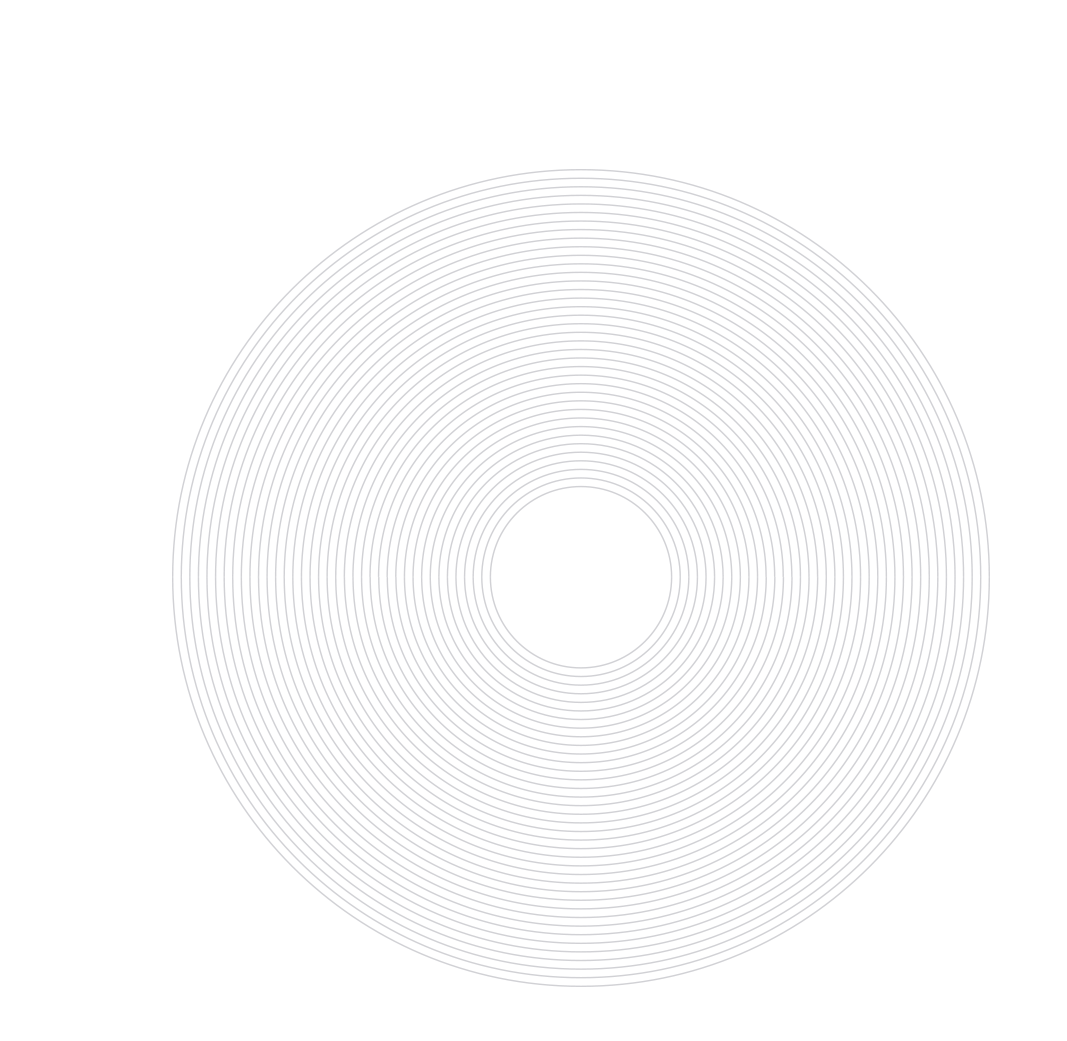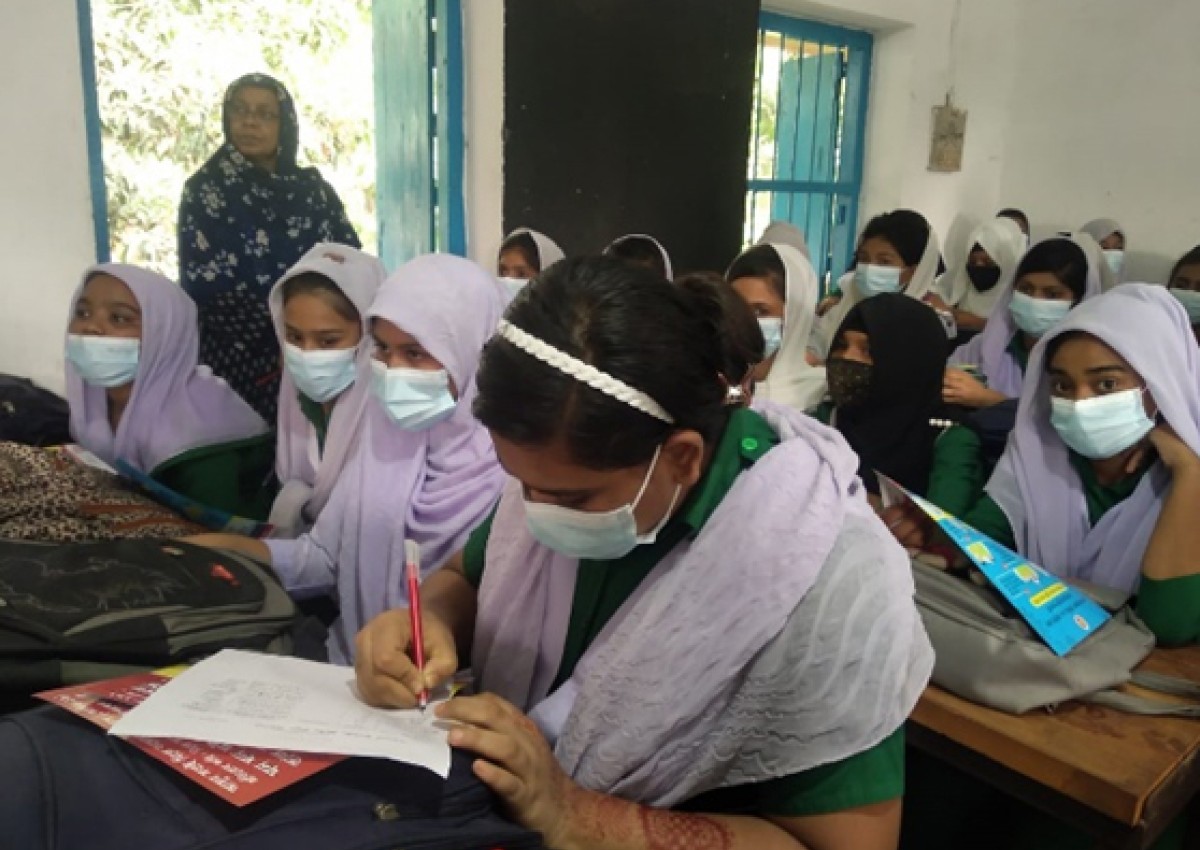





Integrated Menstrual Hygiene Management Systems
Adolescent girls from low-and middle-income families in Bangladesh face different challenges in maintaining proper hygiene during menstruation. The low-quality sanitary materials, the social culture and taboo related to menstruation hygiene management, inadequate water, sanitation, and hygiene (wash) facilities, and lack of guidance and privacy for changing and washing at school or home are common issues related to inadequate menstrual hygiene practices. A study conducted among adolescent girls in a rural area in Bangladesh reported that about 69% used unhygienic cloth during menstruation. Only about 24% of school settings fulfill basic wash facility criteria. According to the National Baseline Survey 2014 in Bangladesh, there is, on average, 1 toilet per 187 students with insufficient water and soap facilities in nearly two-thirds of the bathrooms. School absenteeism may also occur during the menstrual cycle due to poor menstrual hygiene practices attributed to the improper school setting, lack of men-women segregated wash facilities, and insufficient sanitary material. As a result, reduced school performance, drop-out from school, and lower educational attainment appear to have long-term effects on education, sexual and reproductive health, and economic impacts.
The Urban Health Project of CARE Bangladesh has been working in Gazipur in partnership with Gazipur City Corporation (GCC) to improve the Urban Health System. Moreover, the project aims to improve lives and support women and girls to become community leaders to mobilize SRH-integrated WASH interventions benefiting themselves, their families, and their communities. The project is collaborating and partnering with Gazipur City Corporation, the district health & family planning department, other relevant ministries & development partners, local NGOs, educational institutions, and ICT-based organizations.
As part of this work, schools and communities are working to increase awareness through various awareness sessions or messages about the menstrual health management of adolescents. CARE Bangladesh conducted a short survey among 50 girls at one school on the situation of the menstrual management system. The survey shows that:
So providing awareness messages was not enough to improve the overall scenario of the menstrual hygiene management. Provision should be made for easy access to sanitary napkins and disposal systems during menstruation.
Integrated Menstrual Hygiene Management Systems:
In this context, the Urban Health Project of CARE Bangladesh started the Integrated Menstrual Hygiene Management Systems based on discussions with the Education Department, head teachers, and school management committees of Higher Secondary schools in Gazipur through conducting awareness sessions and establishing Sanitary Napkin Vending Machine (SNVM) & Sanitary Napkin Disposal System (SNDS). This consists of the following three components:
 1. Providing the correct message of menstrual hygiene management through awareness sessions- A focal teacher is selected from each school and oriented in menstrual hygiene management to provide sessions to students. The teachers conduct regular awareness sessions among the school students on sanitary napkin usage, personal hygiene, and nutrition during menstruation and impart necessary information and advice using posters, flipcharts, leaflets, and other SBCC materials developed by CARE Bangladesh.
1. Providing the correct message of menstrual hygiene management through awareness sessions- A focal teacher is selected from each school and oriented in menstrual hygiene management to provide sessions to students. The teachers conduct regular awareness sessions among the school students on sanitary napkin usage, personal hygiene, and nutrition during menstruation and impart necessary information and advice using posters, flipcharts, leaflets, and other SBCC materials developed by CARE Bangladesh. 
2. Ensuring easy availability of sanitary napkins through Vending Machines-Sanitary Napkin Vending Machines (SNVM) have been installed at Higher Secondary schools with the facilitation of the School Management Committee to ensure easy and affordable sanitary napkins in times of emergency. SNVM is also established in an Urban Primary Healthcare Centre (UPHC). Through these machines, girls can easily buy a single napkin at a low price with Radio Frequency Identification (RFID) cards provided to them. The SNVMs are established with technical support from Vertical Innovation Ltd.
3. Establishment of Sanitary Napkin Disposal System (SNDS)- The SNDS was primarily established in 1 Higher Secondary school by CARE Bangladesh. The SNDS is connected to the girl’s toilet. As a result, used sanitary napkins can be easily disposed of by girls through this system. The disposed-off sanitary napkins are regularly burnt off by a team assigned by the school. Thus, the management of the SNDS is very easy, and subsequently, the system is later installed at a low cost in other educational institutions through resource mobilizations by the schools themselves.
Outcomes:

The District Commissioner of Gazipur visited the schools and committed to scaling up this process and establishing this integrated Menstrual Hygiene Management System in 37 schools of Gazipur. Moreover, the Urban Health Team received the 2nd prize in Category 4 (Education, Skill Development, and Employment) in the Digital Innovation Fair on 16 - 17 November 2022, organized by the District Commissioner’s office in Gazipur and a2i jointly for this initiative.

“My mother used to buy sanitary napkins for me. Once, she shared this with my father, and I felt very hesitant to face my father. I faced challenges when sudden periods happened in school. I used to take leave from my class teacher. Now, I collect sanitary napkins from my school using the card and use them whenever needed. I can also dispose of them very comfortable with the napkin disposal system. I feel very happy and assured to avoid any unwanted situation and can use pads at a low price. I thank CARE Bangladesh for thinking about us.”- says Shohana Haque, Class-8, Khailkur Badshah Miah Agrani High School.
For further queries, please contact:
Mohammad Hafijul Islam
Senior Technical Coordinator (Team Lead), Urban Health
CARE Bangladesh
Cell: +880-1716728901 | Email: hafijul.Islam@care.org
Advisor:
Dr. Ikhtiar Uddin Khandaker | Director-Health Program | CARE Bangladesh
Editors:
Tanzin Kibria Labonno | Sr. Technical Officer | Urban Health | CARE Bangladesh
Monisha Mafruha | Technical Coordinator | Urban Health | CARE Bangladesh
Abdullah Al Mueej | Project Officer | Urban Health | CARE Bangladesh
© Copyright 2026 CARE Bangladesh. Powered By Bangladesh Online